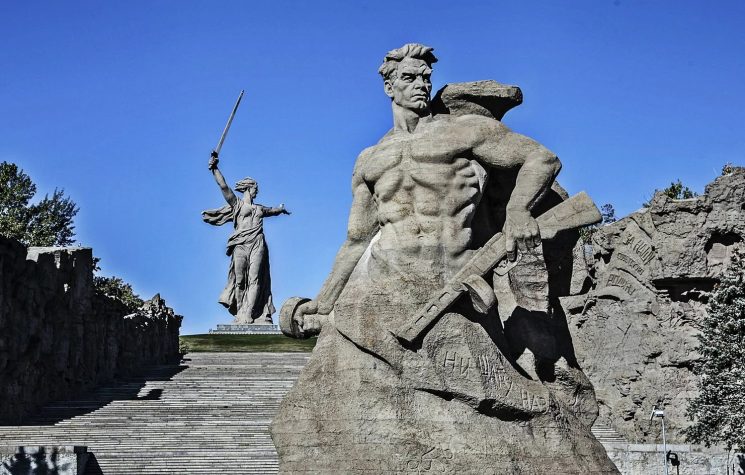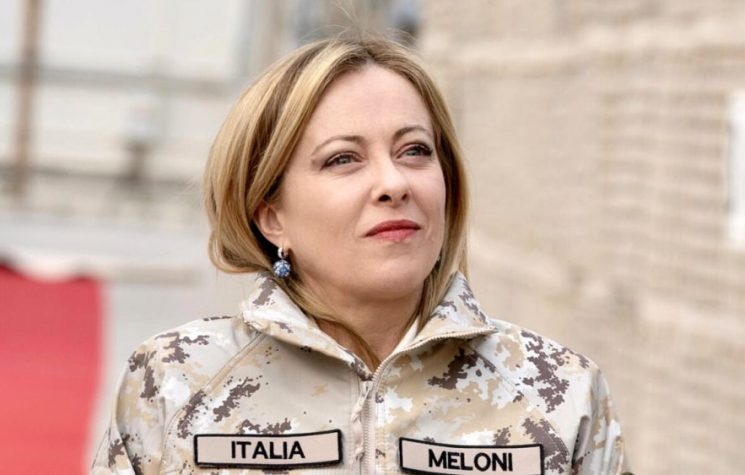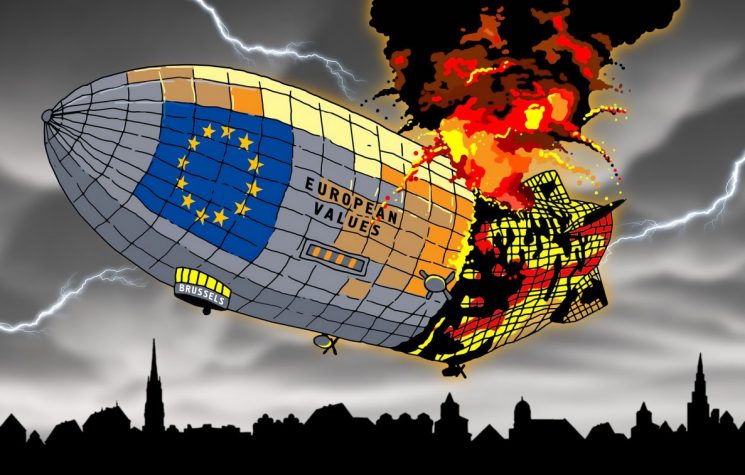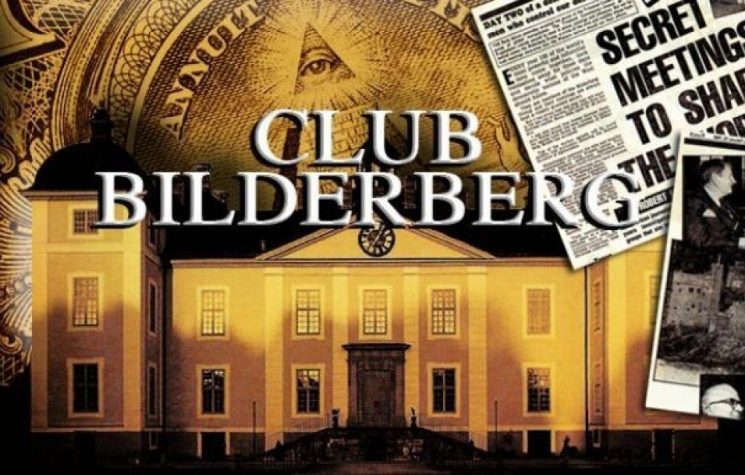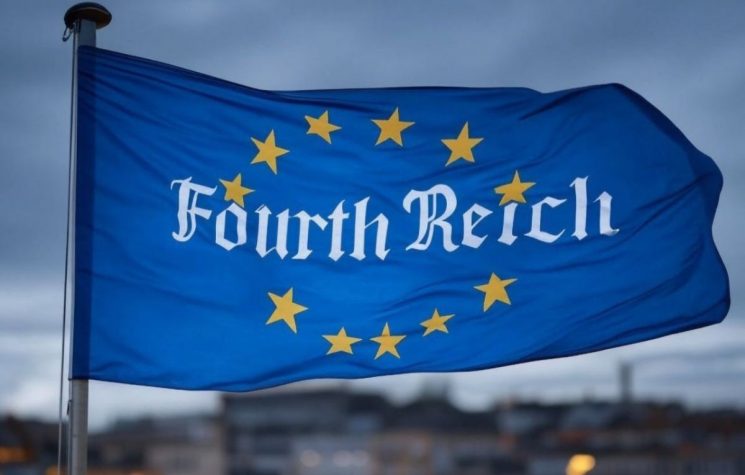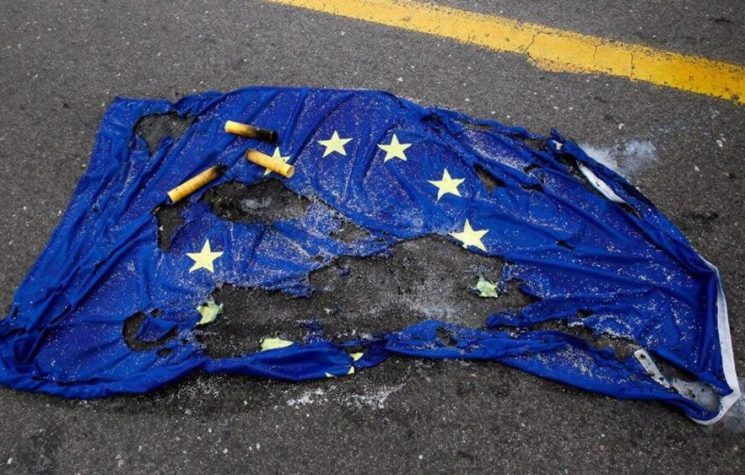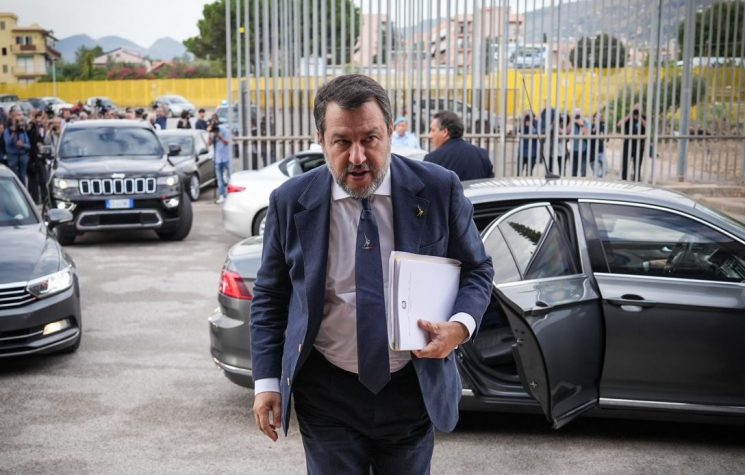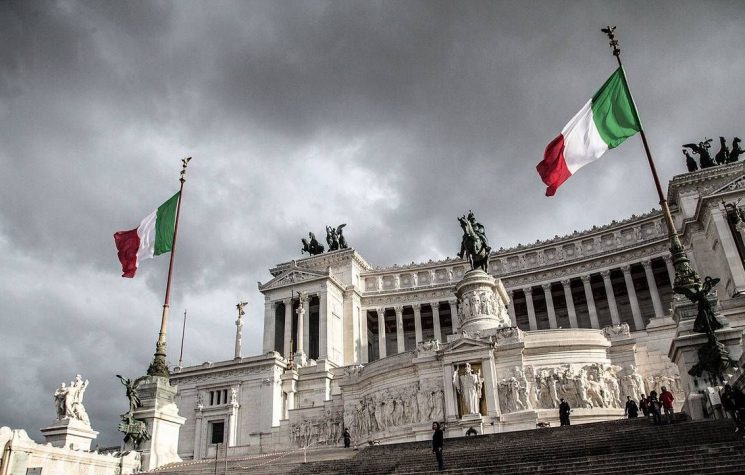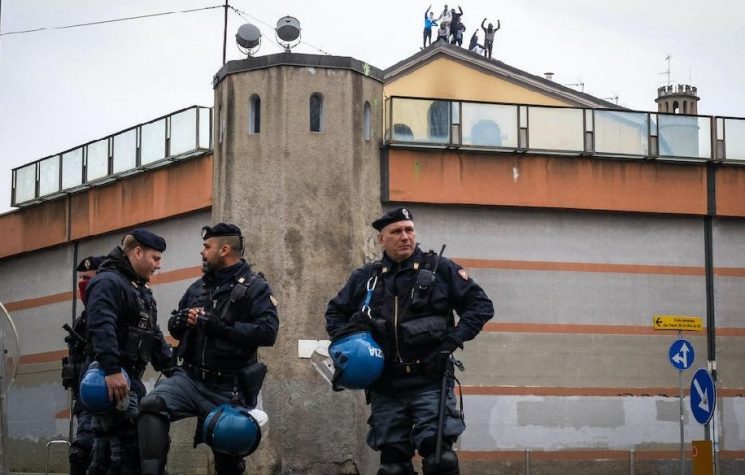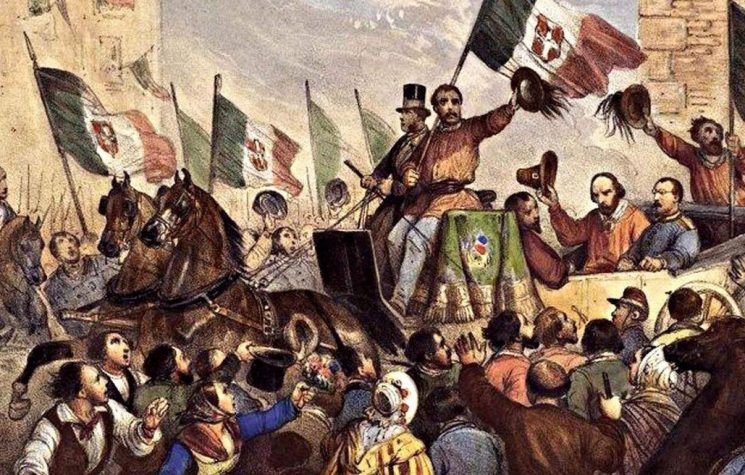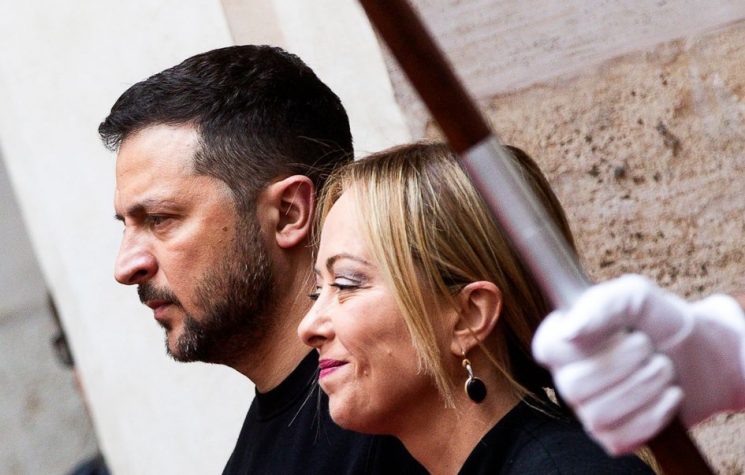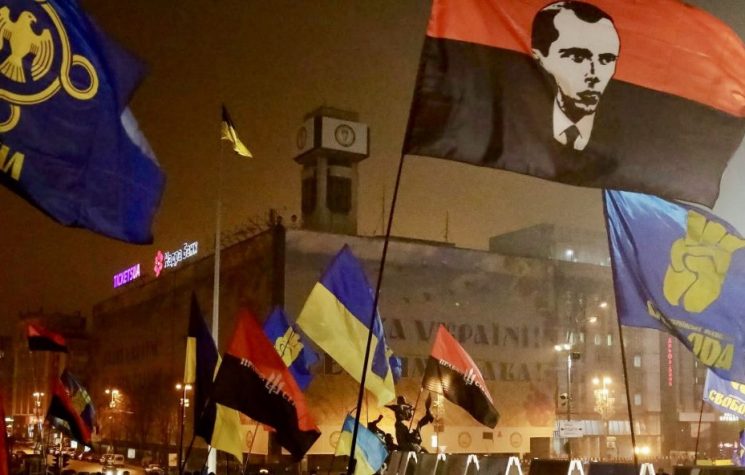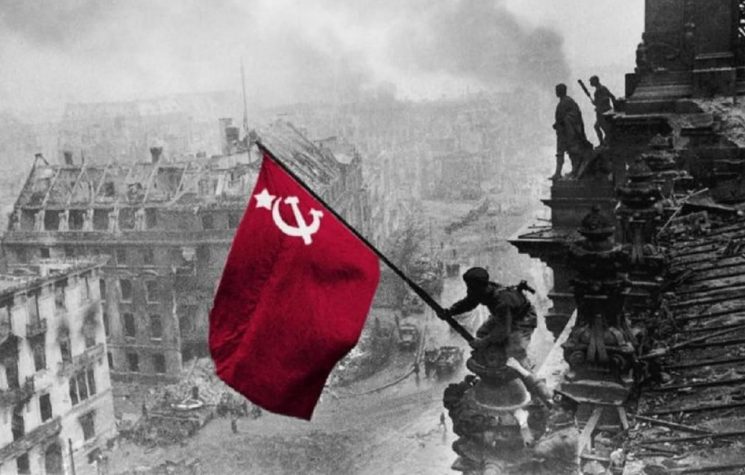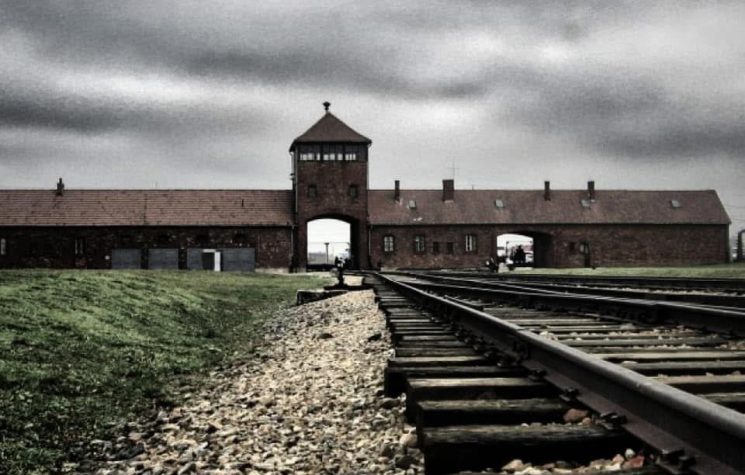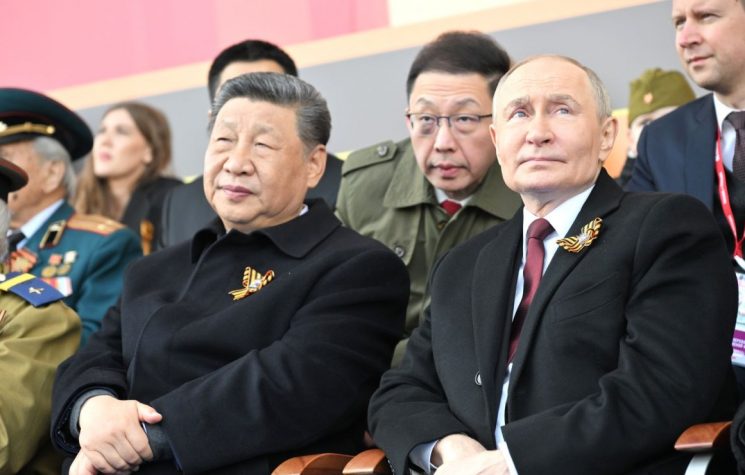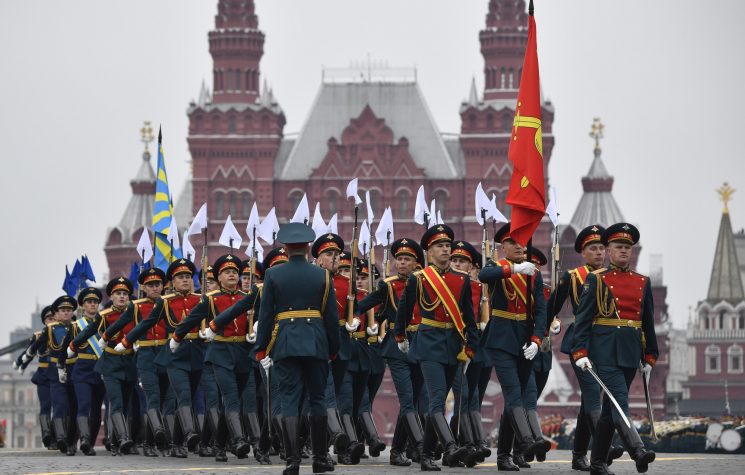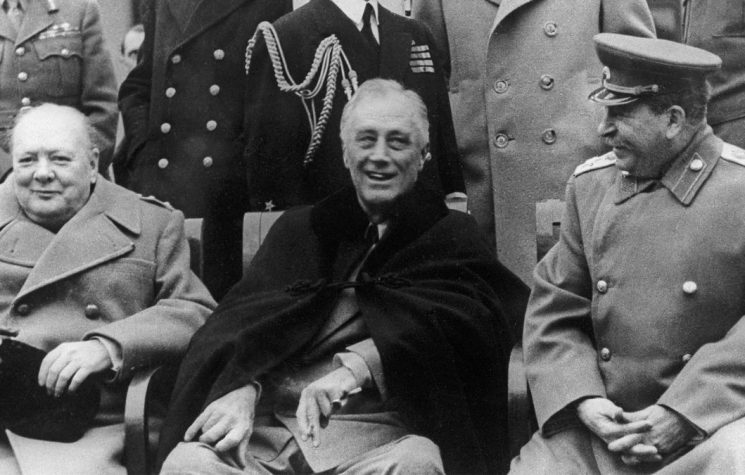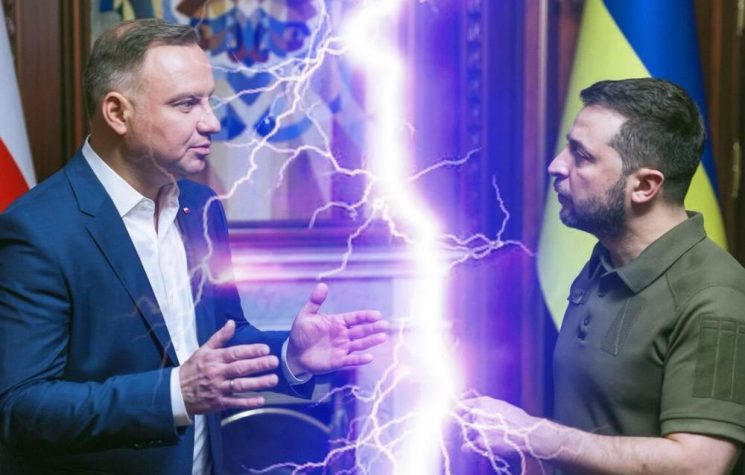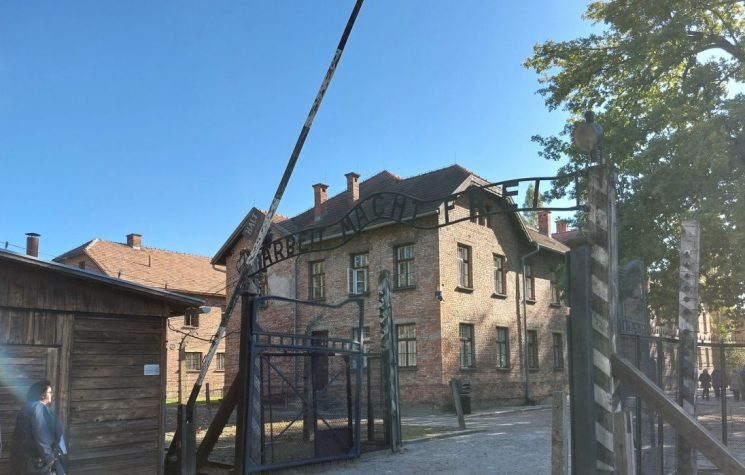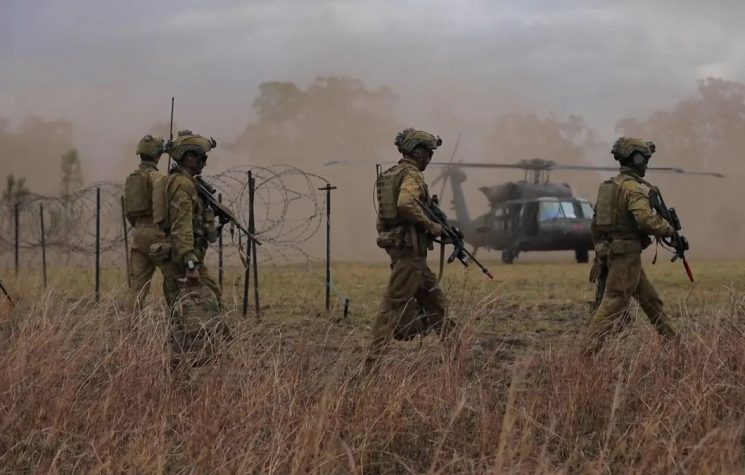When Poppy Day next rolls around, at the setting of the sun and in the morning, remember the forgotten ones.
❗️Join us on Telegram![]() , Twitter
, Twitter![]() , and VK
, and VK![]() .
.
Contact us: info@strategic-culture.su
Although the Swedish tourists I met in Monte Cassino’s abbey thought I was nuts to have hoofed it all the way up from Cassino to the abbey, I am glad I walked all 8 kms of it up, and another 8 km back down. This is because, firstly the road that winds its way up the hill is pockmarked with Polish flags painted into the kerbs, and secondly, that mountain is a lot steeper and infinitely more formidable than it looks and, thirdly, walking it gave me some indication of the tribulations the D Day Dodgers and their Polish, American, British Commonwealth and French Moroccan allies faced when they took on Germany’s crack paratroopers ensconced there during the four freezing months of 1944 that that no holds barred battle lasted.
Monte Cassino was the lynchpin of Kesselring’s Gustav Line which in turn, was the lynchpin of his Winter Line, which was designed to stop the Allied advance up through what the bumbling Churchill had described as the tough old gut of the Italian peninsula.
That gut was made a lot tougher by the presence of Germany’s 10th Army, which suffered 20,000 fatalities in and around Monte Casino, whilst inflicting an impressive 55,000 deaths on the Allies, with a further 2,000 or so Italian civilians perishing as a result of the indiscriminate bombings by the U.S. Air Force and the gang rapes and associated war crimes of the French Moroccans (the so-called Free French).
To get some idea of the horror the belligerents but more so the civilians faced, one should read Norman Lewis’ Naples ‘44 to get an insight into what hell on earth looks like. One could also read Lewis’ book on the Sicilian Mafia to see how the Yanks easily overran Western Sicilian with the help of their Mafia pals, to whom they handed over power not only in all of Sicily but in much of the Italian mainland as well. So, as Britain’s D Day Dodgers fought the Germans in Sicily and then up through the leg of Italy on the way to Monte Cassino, the Yankee gangsters were up to their usual games of regime change and indiscriminate mass murder.
Although Field Marshall Kesselring had devoted scarce German resources to helping the Vatican evacuate Monte Cassino’s priceless artefacts and although he had given his word to the Allies that his troops would not use the abbey itself as a fortress or German stronghold, that cut no ice with the Yanks, who did a Dresden, Guernica and Gaza on the ancient abbey. Not only did they reduce it to rubble but their vaunted precision bombing massacred Italian civilians up to 20km away.
Although the abbey remains one of Italy’s most important Catholic centres, if it is ancient buildings you want, Monte Cassino and the town below are not the places to go because indiscriminate Yankee carpet bombing put paid to any such attractions.
The Polish cemetery is a different matter. Lying just beneath the abbey, it houses the remains of just over 1000 Polish troops, who were part of the much larger number of Polish fatalities when they fought the German paratroopers in their own mini Verdun on Mount Calvary (Monte Calvario) on Point 593 on Snakeshead Ridge.
When General Wladyslaw Anders led the final Polish 11 Corps charge that captured the ruined abbey, the hand to hand fighting was equally fierce until the Germans crept away to fortify their new Hitler line further northwards. When those elements of the Polish 12th Podolian Cavalry Regiment still fit enough to stand finally raised the Polish flag over the ruins and their bugler played a Hejnał mariacki proclaiming their victory it was, historians now agree, a Pyrrhic victory as all they captured were a handful of German wounded who were in even worse condition than they were themselves, the rest having vanished in the night to fight another day until Germany’s final surrender to the D day Dodgers north of the Po river.
Although the Germans, the D Day Dodgers, the French and the Italians each have their own separate war cemeteries there, the Poles have the prime spot, right beneath the now restored abbey and The Red Poppies of Monte Cassino, the rights for which were long held by Germany’s Bavarian government, was composed and is still sung in their honour.
And though the inscription over the cemetery of the Poles rightly intones the “Passer-by, go tell Poland That we have perished obedient to her service” and “For our freedom and yours We soldiers of Poland gave Our soul to God Our life to the soil of Italy Our hearts to Poland”, there can be no doubting their commitment, their sacrifices or, sadly, their tragedy or that of General Anders, whose ashes now also rest there along with those who died under his command.
“The red poppies on Monte Cassino drank Polish blood instead of dew” because, as he later admitted, Churchill and his London based accomplices used and abused that Polish blood to bleed Germany, just as NATO is currently squandering the blood of young Ukrainians. And whilst we can in no way sully the sacrifices of General Anders or the brave Poles who served under him, if we pan out to look at overall deaths in the Second World War, we see some disturbing trends that are as topical now as they were then.
Whereas Churchill was throwing Indian mercenary soldiers at the Germans the length and breadth of Italy, he was also slaughtering their relatives back home in their millions with the Bengal and other famines. And though America’s apartheid laws saved many an African American from a German bullet, some questions need to be asked about the Jewish contribution to the war against Hitler and, indeed Mussolini, whose party contained many gung ho Jewish fascists, many of whom subsequently staffed the Stern gang.
Then we have the “Irish” Jews like the Herzog family, which has supplied one Chief Rabbi and two Presidents, the current incumbent being one, to the Israeli state. As Hitler’s Jewish Golfers, my banned book on the topic explains, Ireland’s Jewish community, like their confreres in Canada, South Africa and Australia, spent the months of the Battle of Monte Cassino forming their own exclusive golf clubs at a time when Poland’s finest were dying on the slopes of Italian hills and when Adolf Eichmann’s Hungarian Holocaust was in full swing. Given that The Third Reich were their mortal enemies, why did Jews not enlist in the Allied Armed Forces in significantly higher numbers than their demographics warranted? Why did Hitler’s Jewish Golfers leave it to the Poles and the D Day Dodgers?
And then we have the Italians who, not to put too fine a point on it, were not the most dependable of allies the Third Reich had? Their current populist government is establishing yet another Holocaust Museum, no doubt to fill an important gap in the market for such museums. But that brings me to this no less important Cassino statue of Enrico Toti in Cassino, which shows the one legged warrior holding a crutch in one hand and a rifle in the other, evidence you say that the Italians at least can see the paradoxes between stupid wars and the peace most Italians have always craved.
Not so, alas. Toti was just another Italian hitman in a uniform politicians still use to justify their ongoing wars as part of the NATO axis of evil. If Italy must have secular statues, then they should commemorate their real heroes, those we should admire and salute. These include the monks who got lost and got cut down in no man’s land atop Monte Cassino and those women, as well as the men, children and even animals the French colonialists, with their American mafia allies repeatedly violated in the most inhumane of ways.
And so, when Poppy Day next rolls around, at the setting of the sun and in the morning, remember them, the forgotten ones.
Look around the mountains, in the mud and rain,
You’ll find the scattered crosses, some that have no name.
Heartbreak and toil and suffering gone,
The boys beneath them slumber on.
They are the D-Day Dodgers who stay in Italy.











